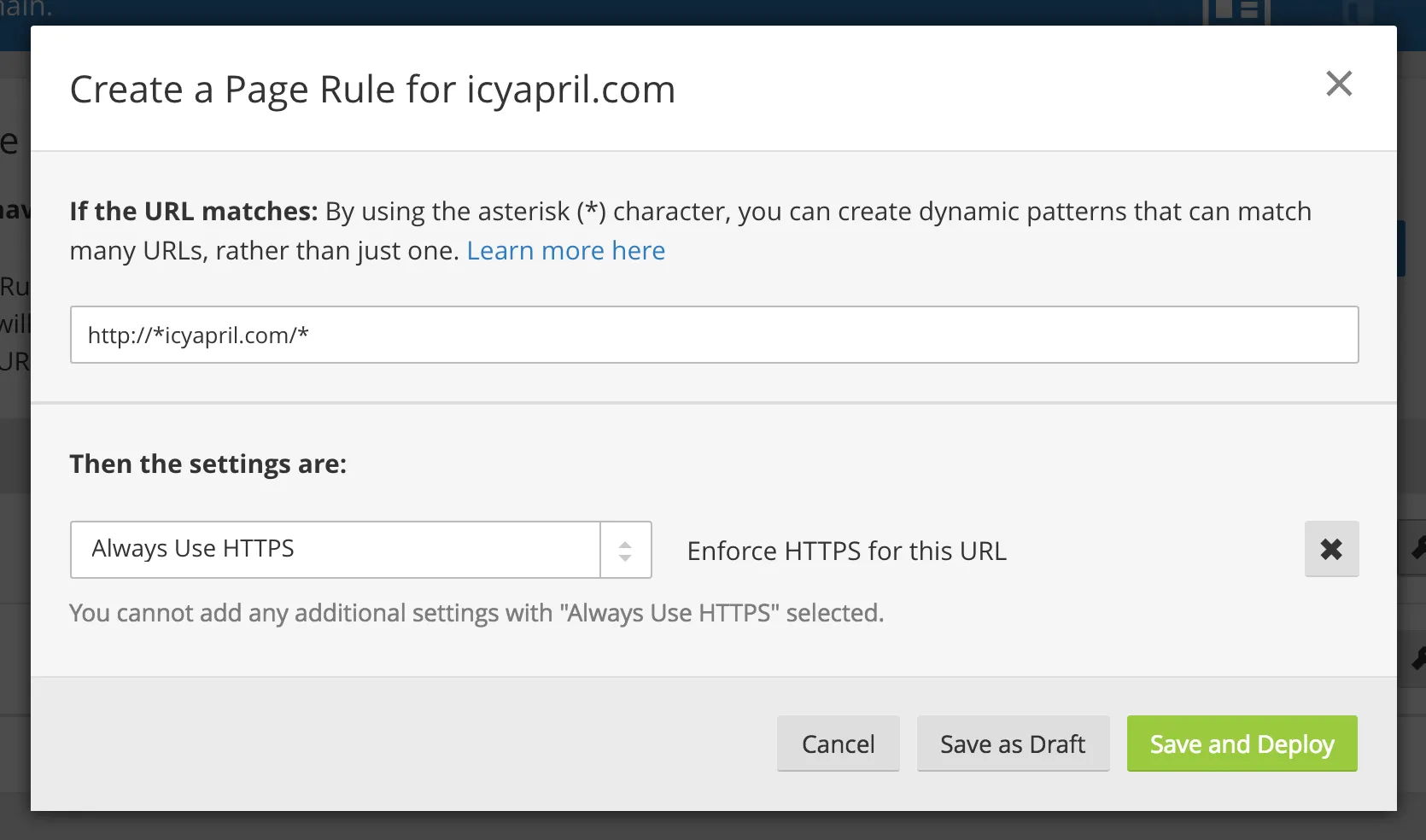Speed Up WordPress and Improve Performance
Cloudflare's CDN services can help cache your content across our giant global network, but performance isn't just about moving static files closer to your visitor. Cloudflare does more than offer a CDN, Cloudflare's optimisation features allow you to enhance the performance of your WordPress site beyond what a traditional CDN can do.

Cloudflare's "Bypass Cache on Cookie" functionality allows non-logged-in pages to be fully cached by Cloudflare. This means your server can save time and resources by not having to regenerate pages where the HTML is effectively static, whilst not interfering with dynamic behaviour - as soon as a user logs-in to the WordPress dashboard or adds something to their WooCommerce, the Edge cache is bypassed.
Images can be incredibly costly to page load times; fortunately, Cloudflare can dramatically help improve image load times. You can find these features in the Cloudflare dashboard by going to Speed > Optimization > Image Optimization.
After enabling Polish, you can dramatically improve image and web page load times by compressing images and stripping metadata. Lossless will strip most metadata (EXIF data, for example) but doesn't change the image detail. Lossy will strip most metadata and compresses images by approximately 48 percent.
If you wish to optimise your site for mobile visitors, enabling Mirage will allow images to be optimised and delivered based on the end-users network connection and device type:
HTTP/2 allows for a multitude of performance features including multiplexing, header compression. In order to enable HTTP/2 on your WordPress site, ensure that your site is loaded over HTTPS.
After enabling SSL you must also ensure that users are redirected to the HTTPS version so that it can be loaded over HTTP/2. You can do this using an Always use HTTPS Page Rule:

Cloudflare's WordPress plugin allows you to push necessary assets to your users using HTTP/2 Server Push, dramatically reducing the amount of roundtrips required to load CSS and JavaScript. Refer to How do I enable HTTP/2 Server Push in WordPress ↗ for a tutorial on setting it up.
If you are using Grunt or Gulp as part of a build process, you can implement minification in your builds.
Due to HTTP/2 multiplexing requests, we advise against concatenating CSS or JavaScript files together or installing anything on your server which may do this.
Enterprise users can utilise Prefetching URLs From HTML Headers and custom cache keys to enhance caching.